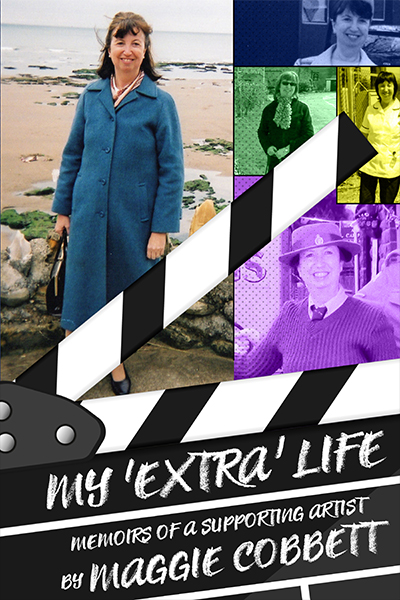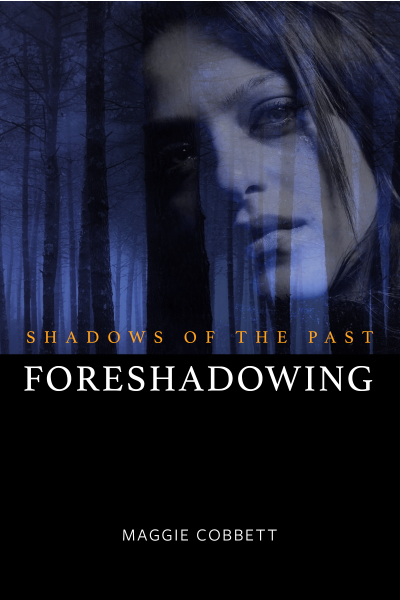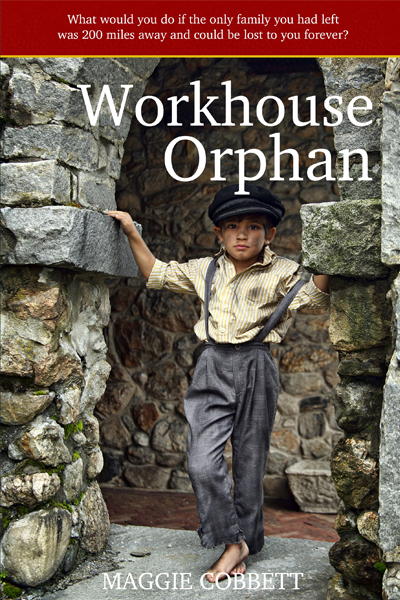Hello, and thank you for visiting my site. I hope that you'll return often and always find something of interest about my world and what inspires me to pick up a pen. (This is a figure of speech, unfortunately. My handwriting is terrible!) Here's what I've been up to recently...
Thoughts on the Somme – a tale of two boys

Who could fail to be moved by today’s commemoration of the Battle of the Somme? Watching the coverage from the Thiepval memorial, I was blinking back tears and it seemed to me at one point that Prince Harry was doing the same. Maybe he just had something in his eye? I’ll never know, of course, but how could he or anyone else present fail to be moved? Added to the million men killed or wounded in this bloodiest of battles were countless civilians who also suffered, including a whole generation of women left to carry on alone. One such was my music teacher, Miss Maud Denby, to whose home I trudged once a week for lessons. A faded photograph of the fiancé she had lost, forever young, stood in pride of place on the piano.
My Uncle George, pictured above on his wedding day, was one of the ‘lucky’ ones who survived to tell the tale. Having lied about his age, as so many eager youngsters did, he found himself in France at the age of sixteen. Family legend has it that his father interceded and had him brought home. Having experienced the horrors of trench warfare at first hand, Uncle George was apparently far less keen to go back when he was conscripted two years later. He had to, though, having first insisted on marrying his sweetheart Louie.

Injured by a piece of shrapnel that left him with a deep groove in the side of his chest and a useless right arm, he lived into his nineties and had many a tale to tell about his wartime experiences. The cutting above shows him with Louie on their Golden Wedding day.

Less fortunate was the young husband of one of my great-aunts, seen above posing with a Lewis gun shortly before being sent to the front. David Robert Davidson’s name is inscribed on the Thiepval Memorial. Sent up from a London workhouse in the early 1900s to toil on the Yorkshire coalface as a pit boy, he later married a widow ten years his senior to provide some security in the shape of his army pension for her and her three small daughters. Killed at the age of twenty-one and only a few months after their marriage, he will always be honoured by our family. I have written about David before, and you can read more about him by scrolling through my website to the post I wrote on Remembrance Day 1914.
In conclusion, I should just like to add how grateful I am that my own two boys were born at a time when conscription was a thing of the past. We once went to Albert in northern France to see the remains of the trenches and none of us could believe how close together the British and German front lines had been. Also hard to take were the ages on the thousands of headstones in the war cemeteries. Old men have always sent young men into battle and, a hundred years later, I have to wonder anew, ‘When will we ever learn?”
1 July, 2016 - Make the first comment on this story



